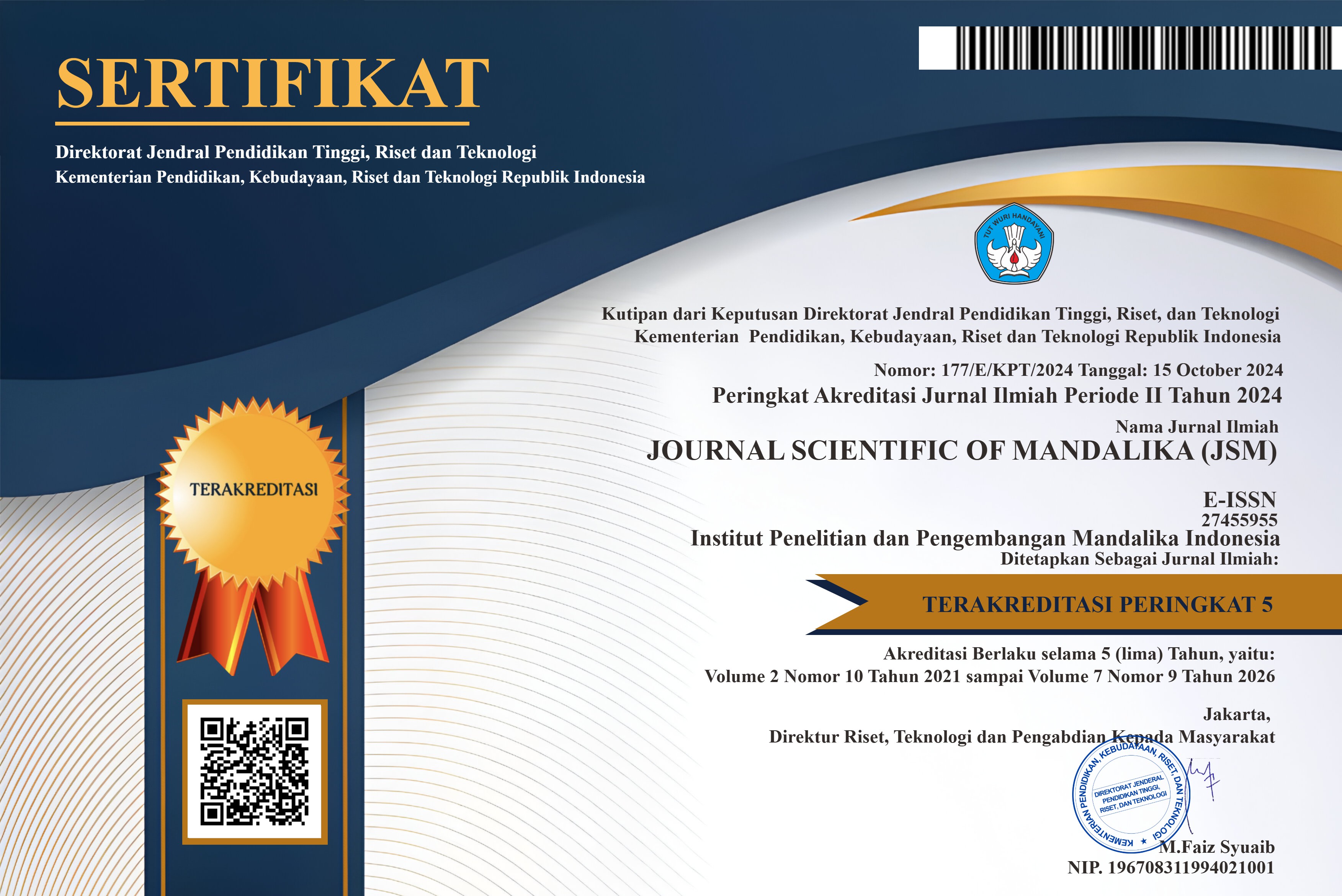GENDER EMPOWERMENT IN THE FRAMEWORK OF LOCAL WISDOM
Abstract
Gender empowerment can be realized through the level of participation of women's active roles in the economic, political and decision-making fields. Men have the assumption that men are the ones who earn the main income for the family's economic needs or that men are very dominant productive workers, but sometimes in reality this is not the case, many women are the economic bearers of the family. The condition and position of women in Indonesia is still far behind compared to men in various aspects of life, including in the social, political, economic, educational and cultural fields. In terms of improving the family economy, women as housewives carry out a dual role, namely apart from being housewives, as well as workers who work to earn income to meet family needs. This paper is a literature review related to gender empowerment and local wisdom. This paper aims to examine the relationship between labor and welfare, efforts to increase labor productivity and welfare, the dual role of women in productivity and welfare, steps to utilize the added value of family resources in improving welfare and examine gender empowerment in the frame of local wisdom. Based on the discussion that has been described previously, it can be concluded that the empowerment of Balinese women in the public sector is based on local wisdom called Tri Hita Karana (THK), namely the three causes of welfare and prosperity of human life. THK are three forms of human relationships in this life, namely the relationship between humans and God (parahyangan), the relationship between human beings (pawongan) and the relationship between humans and nature (palemahan). The THK tradition is seen from every Balinese community because it is a culture that is inherited from generation to generation.















